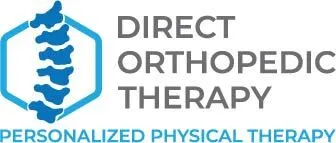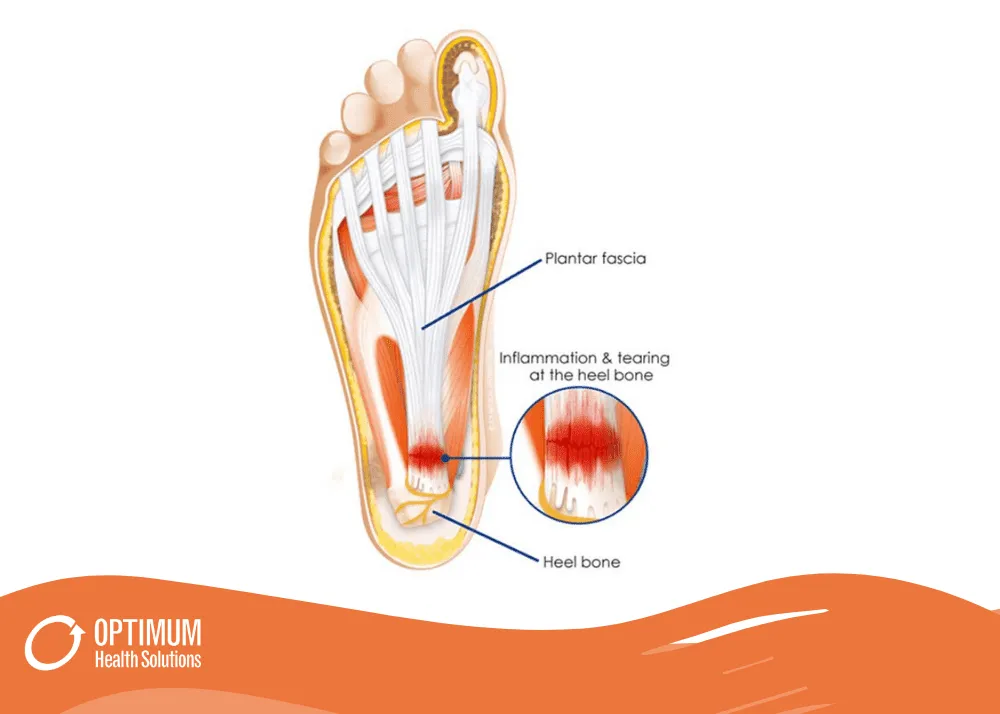Dry needling relieves pain, stiffness, and other symptoms by inserting fine needles into the skin and muscles. The purpose of dry needling is to release trigger points, areas of muscle tension that cause discomfort when touched.
Trigger points are knotted muscles that cause pain to other parts of the body. Dry needling can help break the cycle of pain caused by trigger points and reduce plantar fasciitis symptoms.
1. Relieves Pain
Dry needling is a form of physical therapy that involves inserting fine needles into the skin and muscles to release trigger points. It’s an efficient, safe treatment for many conditions, such as plantar fasciitis.
Needles inserted into muscle tissue create microtrauma, improving circulation and relieving inflammation. This allows blood and nutrients to reach where they’re most needed.
Dry needling has also been known to activate the body’s relaxation response, relieving pressure on irritated nerves. This could potentially help alleviate plantar fasciitis-related discomfort.
2. Reduces Inflammation
Dry needling helps to reduce inflammation by stimulating nerves and blood flow to the affected area, enabling your body to heal itself naturally.
When used correctly, dry needling can enhance the effects of other treatments, such as physical therapy and corrective exercises. Combining these approaches can provide long-lasting relief from plantar fasciitis pain.
For optimal care after treatment, seek treatment from a reliable clinic with experienced practitioners who only use sterile needles. Furthermore, ensure that you adhere to basic post-treatment care guidelines.
Dry needling is an approach that involves inserting needles into trigger points on foot tissue that have been known to cause pain and inflammation. These trigger points are located within the plantar fascia—a ligament connecting your heel bone to your toes—which can become irritated by everyday activities like walking or running that put too much strain on it.
3. Increases Flexibility
Dry needling as part of a treatment program for muscle tissue can help increase flexibility. Dry needling stimulates underlying myofascial trigger points (MTPs) within muscle tissue.
Treatment with needles involves having a physical therapist insert thin needles into specific areas of the foot to release myofascial trigger points, which are the source of much of the discomfort associated with plantar fasciitis.
Dry needling has decreased pain, reduced inflammation, and enhanced range of motion. Furthermore, it increases blood flow to stimulate the body’s natural healing process.
In addition to dry needling, other therapies that may be included in a comprehensive plantar fasciitis treatment plan include exercise, stretching, gluteal strengthening, and intrinsic foot strengthening exercises. A physiotherapist will customize this plan according to each patient’s individual needs.
4. Improves Range of Motion
Dry needling helps increase the range of motion by targeting irritated trigger points that cause pain and stiffness. It also improves circulation within muscles, delivering more oxygen and nutrients.
Many people feel immediate relief after their first dry needling session, but some require multiple sessions to achieve maximum benefit. This depends on the severity of their condition and the number of trigger points in their bodies.
Trigger points are intense muscle or joint tension knots that can cause tightness and pain. Once identified by a therapist, they will inject a needle into the point to release it and let go of the tension.
Your therapist will use fine and ultra-sharp needles to penetrate the trigger point to stimulate it and reduce pain. This process may cause a localized twitch response that may feel like muscle spasm or cramping, but this is usually mild and short-lived.
If you are interested in learning more about dry needling and how it can help with plantar fasciitis, consider visiting Direct Orthopedic Therapy and scheduling an appointment with our team of specialists. You can also contact us through our contact page for any inquiries or concerns.



